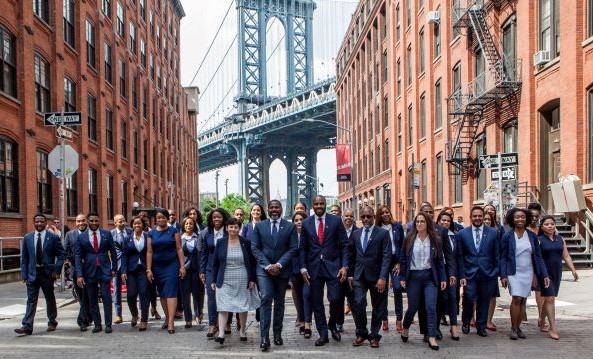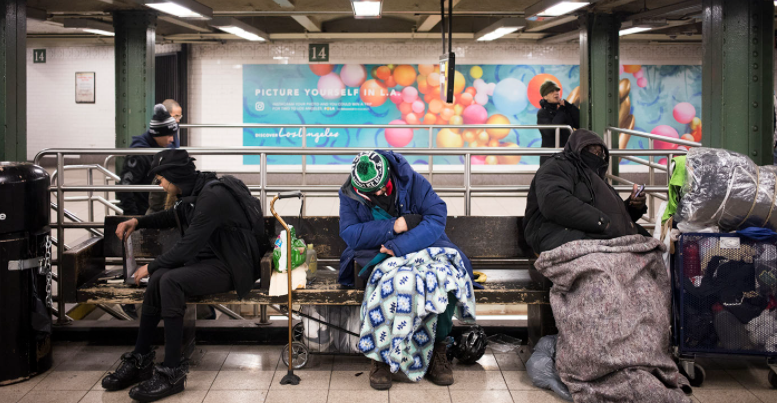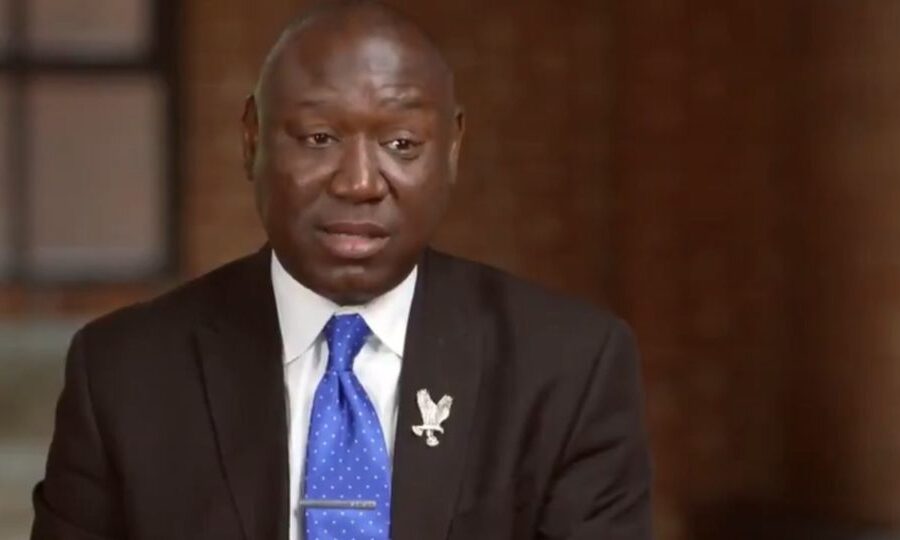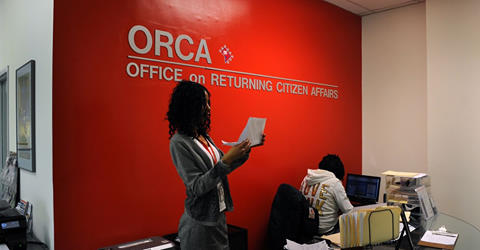The city vs. one of its homeless service providers
New York City and the bureaucrats entrenched in City Hall have a clear problem with the service providers hired to carry out the vital work that the city either doesn’t want to do or, more likely, can’t do. Nowhere is this more evident than how city officials deal with the nonprofits they hire to provide critical services to New York’s growing homeless population.
Homelessness in New York City has reached its highest level since the Great Depression — with more than 48,000 people sleeping in shelters every night and thousands more bunkering down on the streets. Despite this, the city’s Department of Homeless Services (DHS) — until recently — appeared less concerned about addressing its homelessness crisis than it was avoiding timely payments to the very nonprofits the city hired to care for its most vulnerable residents.
DHS is capable of dodging its bills largely because of its “buy now, pay later” system, where nonprofits front the money for the services they provide on behalf of the city and then are reimbursed for their work. Under this system, nonprofits often receive payments late and sometimes not at all. While Mayor Adams and city Comptroller Brad Lander in May formed a task force to address a $5 billion backlog of late payments and recently announced significant progress to clear it, nearly $1 billion of the total backlog remains unpaid to nonprofits.
Frankly, I was appalled when this was brought to my attention by multiple individuals and providers. When I investigated the matter, it only took only a couple of days to confirm what I feared — a longstanding, institutionalized “buy now, pay later” system under which DHS often avoids its bills.
One of the most blatant and unscrupulous examples is the case of CORE Services Group — one of the largest and most recognized nonprofits operating homeless shelters in New York, which filled a major gap for years in helping feed, house and care for down-and-out New Yorkers.
DHS racked up approximately $40 million in unpaid bills to CORE. Instead of addressing these outstanding bills, it appears powerful officials at DHS waged a smear campaign through a series of anonymous leaks to the media to paint CORE — and its CEO Jack Brown — as enriching themselves by awarding contracts to several for-profit companies it had established, including a security firm, a maintenance company and a food services business.
I was particularly offended by the references to Brown’s compensation in resulting media coverage. It leads one to believe that he is a very wealthy individual enriched by fraud when, in fact, his earnings are consistent with other similarly sized organizations performing comparable services, according to an analysis of Compensation Resources’ 2019 Compensation Survey for Not-for-Profits, which was conducted during the previous mayoral administration.
It also appears the city never had an issue with the way CORE operated its business until the organization started pressing for the millions of dollars it’s owed for services rendered.
The leaks and allegations leveled against CORE are highly suspicious and reek of the old style of corruption and political heavy-handedness that has plagued New York City for decades. Now with the matter finally making its way to court, the city won’t be able to hide behind the veil of anonymous leaks to the media and the truth can finally be revealed.
Whatever the outcome of the CORE case, it’s promising that there is recognition among some city officials that the treatment of nonprofits is a pressing issue. The bad news, as was brought to my attention, is that the root of the problem is not yet solved. For instance, 75% of the city’s contracts in 2022 were not even submitted for registration until work was well underway by vendors.
The city’s delinquency when it comes to paying nonprofit service providers not only puts additional strain on these organizations — forcing them to take out high-interest loans to meet payroll and continue doing business — but also strains their operations and hinders their ability to provide the services to New York’s homeless population that the city itself cannot provide.
Of the alleged $40 million owed to CORE by DHS, for example, $27 million (roughly 67%) goes to vendors, while just $13 million goes to CORE, according to its analysis of the outstanding payments. The bulk of the funds are owed to job or technical skills training providers, substance abuse treatment programs and other vendors, which strains their businesses and their ability to provide services to New York residents experiencing homelessness.
This is not just a problem for city nonprofits and the New Yorkers they serve. This is also a problem for every New York City taxpayer. Every person should expect more from their government. It’s time to root out this systemic mismanagement. But it will take a far more thorough investigation to uncover the full truth than I am able to provide. That’s why I suggest that the appropriate investigatory and compliance agencies examine what I feel are startling allegations.











